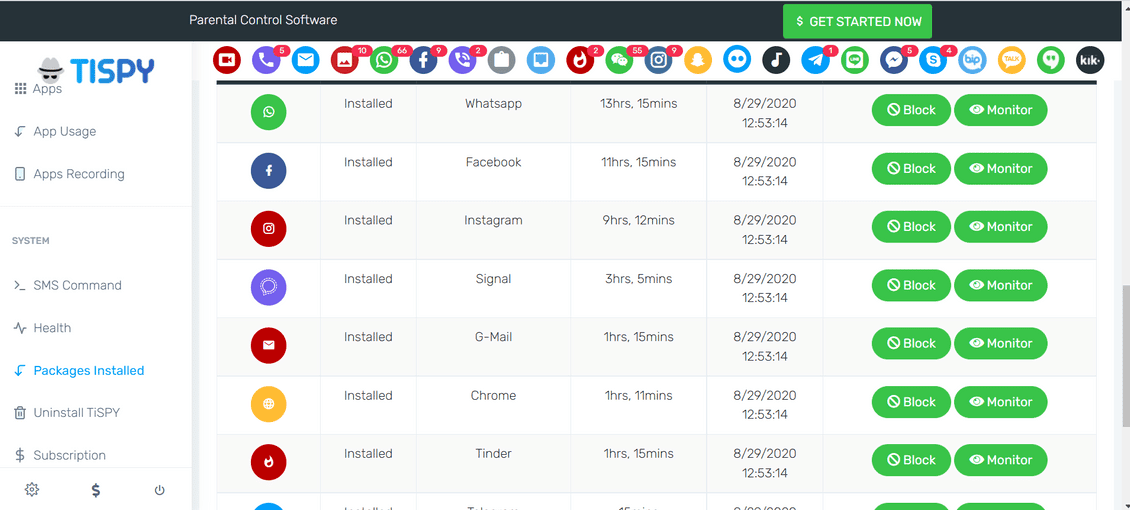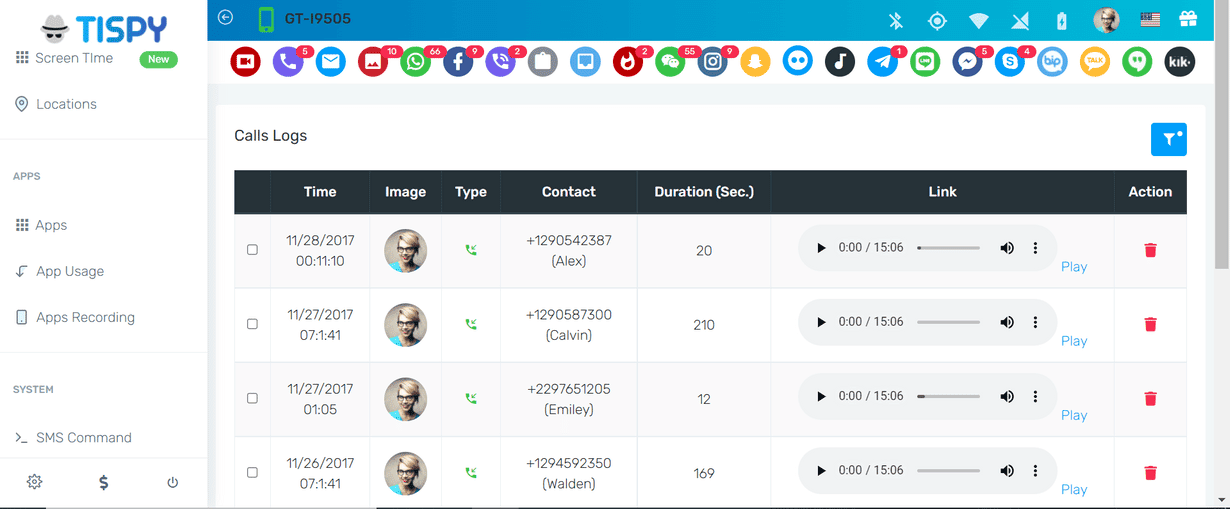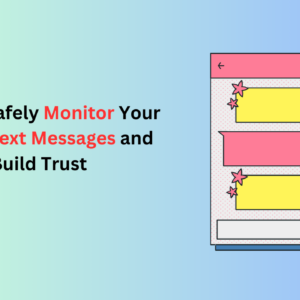A child predator is a person who is older than a minor and looks to engage minors (below 18 years of age) in sexual activities. Crimes related to child predators have been on the rise for the past couple of years. With the emergence of social media and smartphones, the statistics of corruption about child predators have increased alarmingly. A child predator usually looks for his or her victim online.

The predators use the child’s social media information to learn about them and then pose as some who shares similar interest. They may use fake pictures and create fake profiles. They develop a close bond with the children and entice them by letting the children share intimate details, frustrations.
They make the children feel like they understand them better than anyone. They keep sharing pictures back and forth and sometimes encourage the children to send risqué photos or carry out sexual activities on a webcam and use the images and record their actions to extort them.
The children may feel helpless as they would feel they have no one to share their dilemma with and end up falling prey to the predators. It is difficult to spot a predator as they usually make a convincing online persona and children mostly don’t talk about them to their parents.
However, the parents should keep an eye on a few alarming signs that may indicate that their child is entertaining an online predator.
1. The Child Quickly Closes A Screen Of The Phone Or Ends A Conversation As Soon As Their Parents Enter Their Room.
As the children grow up, they have a natural tendency to maintain their privacy, especially in their adolescence. Although a child should be given his or her privacy when the child strains on maintaining secrecy, it is a sign that the child may be hiding an innocuous secret like engaging online with a predator. The parent must create an environment where a child feels comfortable and safe in sharing things.
2. The Child Spends More Than The Usual Amount Of Time On Their Phones/ Computer/Internet Etc.
We’ve all been guilty of being too dependent on our smartphones and computers for entertainment and performing tasks. This tendency is usually higher in teens. Based on a report published by Pew Internet research centre, around 24% of teens spend their time online “almost constantly”. This tendency may not always mean they have fallen prey to an online predator, but prolonged exposure to the internet makes your children vulnerable to harmful things on the internet.
3. The Child Has Some Hidden Social Accounts And Emails.
It is a general trend among children to keep away their parents on their social media presence, but as a parent, you must monitor your child’s social media activity without being too intrusive. If the child usually has secret social media accounts or email, they may be hiding a sinister secret. The parent must make sure their child doesn’t keep secrets with them.
4. You Find Explicit Images And Videos On Their Computer.
Exploring their desires and curiosity is a natural thing for a child, but when it comes to files that feature a specific person or content, then it may mean that they are prompted by a predator to do so.
5. Losing Interest in Ambition.
A healthy childhood is always full of dreams and ambitions, but when a child starts to lose interest in his or her goals and aspirations, it may be an alarming sign that the child is going through something awful. A parent should try and find out if the cause of the child’s drifting is due to an online predator or involvement in any illegal activity.
6. They receive gifts and phone calls from unknown sources.
Children are usually shy about talking about their love interests with their parents, but when they start getting some anonymous phone calls or gifts from unknown sources, it is a warning sign that a predator is aggressively trying to engage with your kid.
If you are anxious that an online predator may harass your child, you can usually talk to them, but the child may not share his or her woes instantly.
In that case, you should opt for a capable parental monitoring app like TiSPY, which helps you monitor your child. Tipsy is a premium parental monitoring app that assists you to track your child’s online activities.
TiSPY has some very useful features that parents need to protect kids from Child Predator: Phone Monitoring & Tracking:

TiSPY has a tracking feature which gives the parent a real-time location of their kids with an interactive map. It also sends the parents notification when their child has arrived at a particular destination, and their location path helps the parents monitor the journey of their children’s travel
Social Media Monitoring:
TiSPY helps the parents monitor their children’s social media accounts by displaying their incoming social media texts on non-rooted phones and incoming and outgoing messages on rooted phones.
Internet Usage:
Parents can monitor their child’s internet history as TiSPY logs in all the URLs the child has visited in the cell phone browser.
Call Records and Recordings:

TiSPY also lets the parents know the numbers of all incoming and outgoing calls on their child’s phone and the duration of the dialogue made. This monitoring makes it convenient for the parent to determine their children’s activity
TiSPY Also Has Multiple Features:
Parents can monitor the multimedia files shared/clicked on their child’s phones. Access the address book of their child’s phone to know the saved numbers. Take pictures in real time in case the child’s phone has been stolen. Schedule pre-planned photos, track calendar of events stored on the phone, monitor the apps on the child’s phone and block unwanted apps. Monitor their child’s health with vitals like heart rate, calories burned will be displayed on the control panel, etc.



